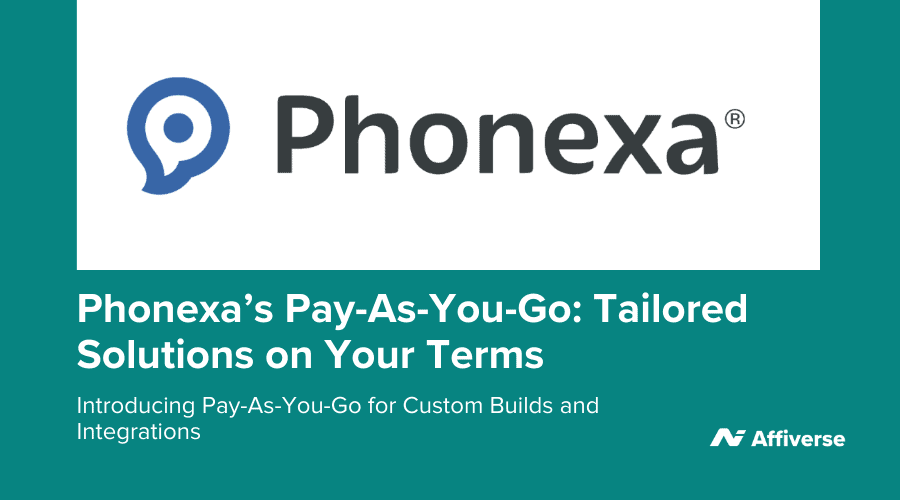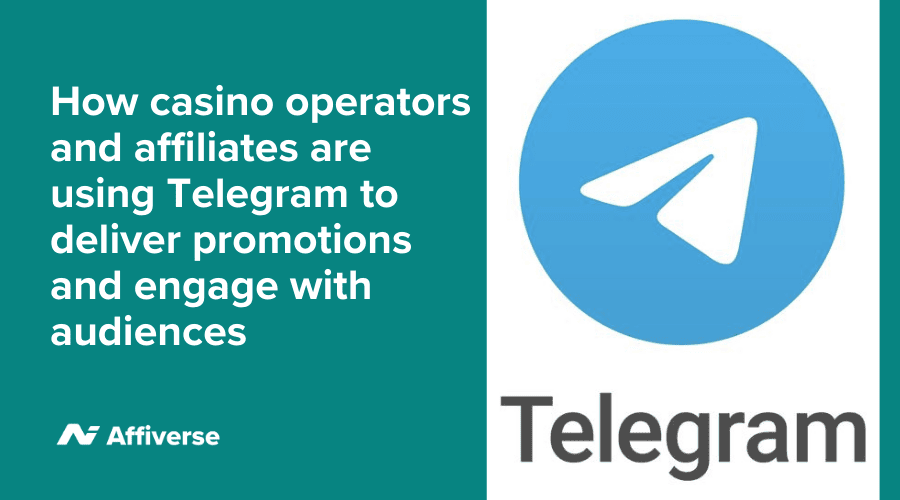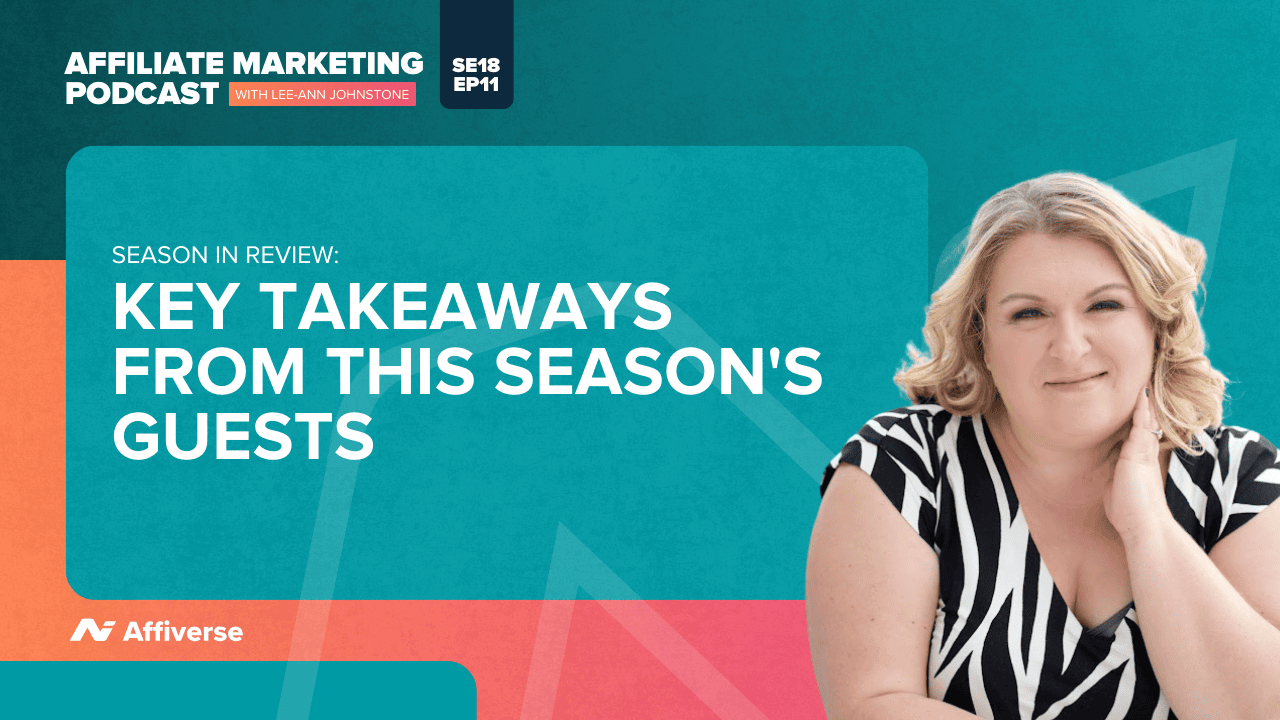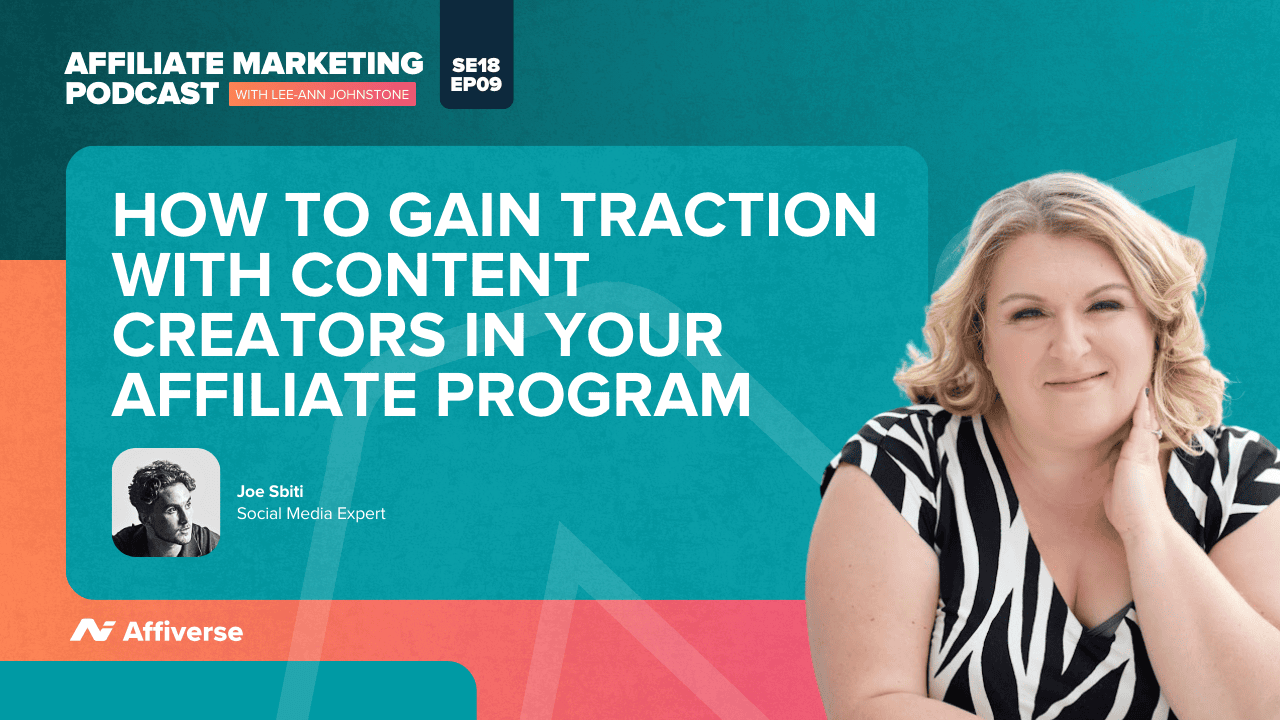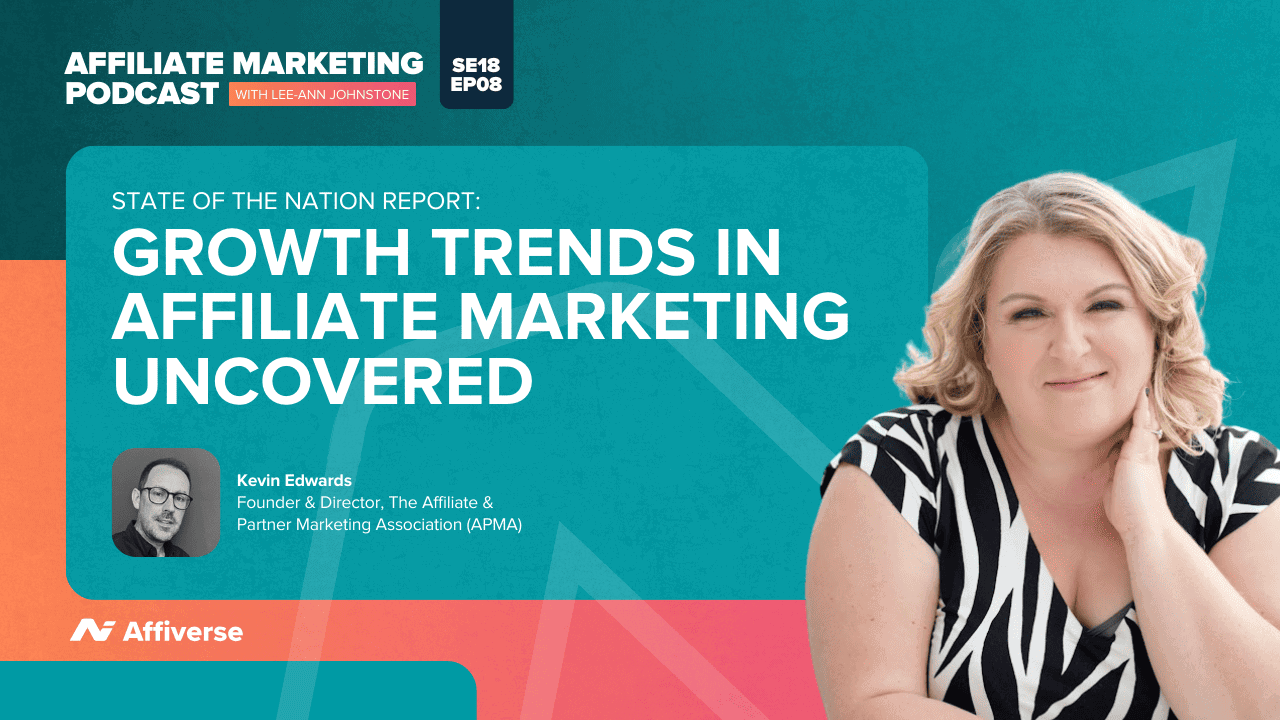Google makes small tweaks and changes to its systems all the time. It does so to maintain consistency and performance and to ensure its tools are kept up-to-date with modern marketing methods. However, the news that Google is set to phase out enhanced CPC (ECPC) has left many affiliate marketers and digital advertisers wondering how it will affect their business.
Google makes an enormous amount of money from advertising. In 2022, the company’s ad revenue totalled $224.47 billion. It offers a suite of tools that marketers and advertisers can use to boost campaign performance and maximise reach.
First launched around 10 years ago, ECPC is a tool that marketers can use to automate the Google Ads keyword bidding process. Manually bidding for these can be laborious and time-consuming, a process that requires constant attention and careful planning. You’ll want to prioritise certain bids over others, particularly when looking to maximise certain areas of your business.
ECPC uses a system known as smart bidding. It can be used to automate bid adjustments and analyses previous ad campaign performance to alter bids accordingly. For example, bids for high-performing keywords will be raised, and lower-performing keyword bids will be reduced.
Additionally, users can establish specific targets and goals, with ECPC adjusting its behaviour to meet these objectives. This has proved to be a vital tool for digital marketers, it leaves them free to focus on other areas of their business without getting bogged down in the bidding process.
However, Google recently sent out an email to advertisers in which the tech giant confirmed that it is set to phase out enhanced CPC by October 2023.
Why is Google doing this? The company cited its commitment to progression and specified alternative methods such as Target CPA and Target ROAS, maintaining that these are viable replacements for ECPC that can produce even greater results. Google’s comprehensive Performance Max solution can also be used to automate bidding, with machine learning capabilities in place to maximise performance.
For affiliate marketers and digital advertisers who use ECPC, there’s no need to make the change right away. The system will remain in place until October, at which point all ECPC campaigns will be automatically switched over to a manual CPC bidding system.
However, unless you have the time and resources required to effectively manage a manual bidding campaign, it’s essential that affiliates familiarise themselves with the new tools that are available and decide how they can be integrated into their marketing campaigns.
Google is incredibly influential, so it can be easy to panic when significant changes like the axing of ECPC are announced. However, the phase-out will be gradual; marketers will have plenty of time to regroup and rethink campaign strategies, and there are plenty of alternative tools that can be utilised for smart bidding.
As Google continues to upgrade and develop its systems and tools, we can certainly expect more changes to come in the future. It’s vital that affiliate marketers and program managers keep their ear to the ground to ensure they are not caught unawares by any future updates implemented by Google.




